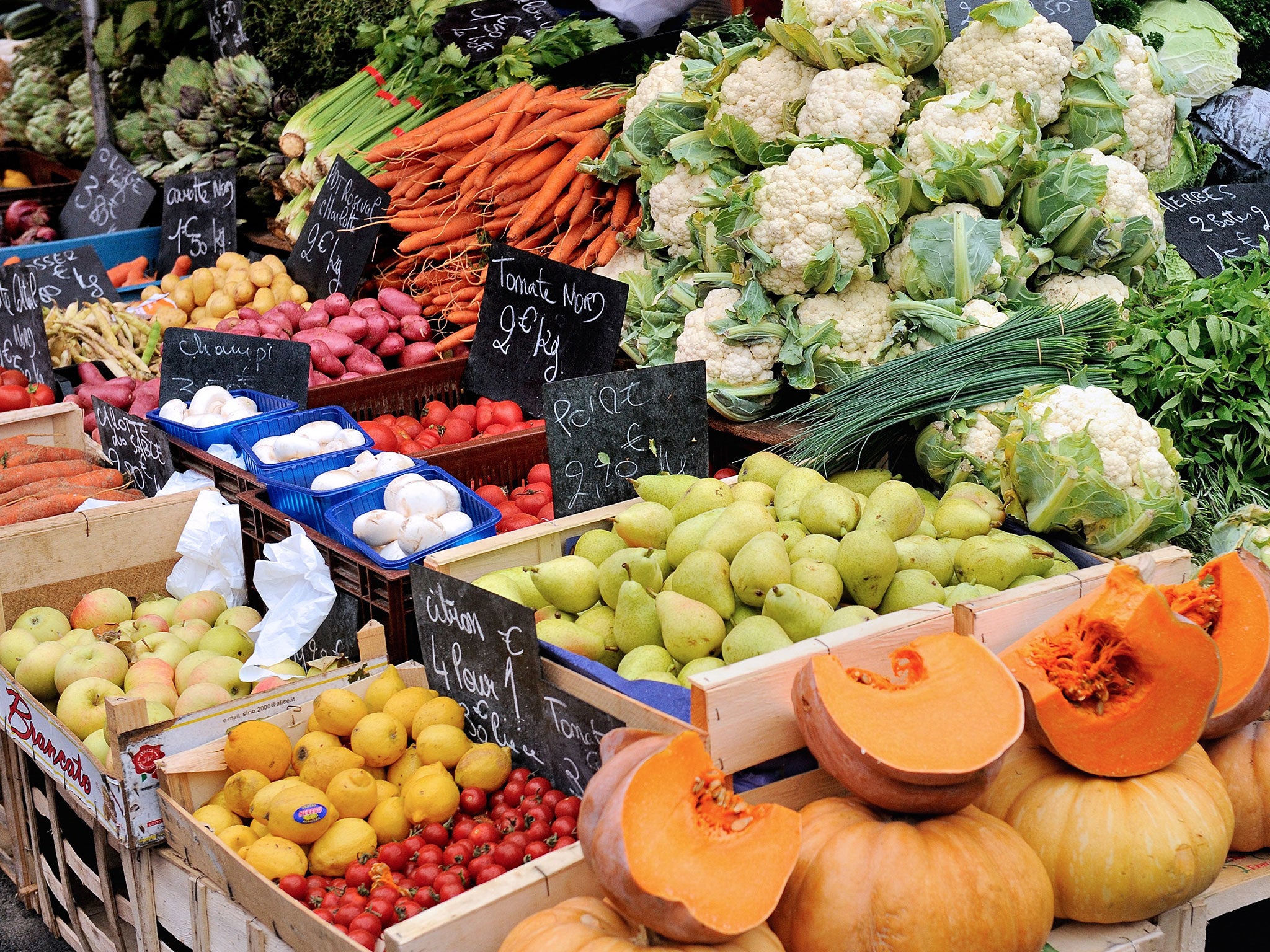Five reasons why you should stop worrying and go vegan
Animal agriculture is wreaking havoc on our planet – it's a leading cause of habitat destruction, species extinction and climate change

With the news that more than 540,000 people – more than 1 per cent of the population – now follow a vegan diet, 2016 has become the Year of the Vegan. But if you’re yet to be convinced, here are five compelling reasons to ditch animal products for good.
You don’t want the world to end
There’s nothing like beginning an article with a little light-hearted doom-mongering, but animal agriculture is wreaking havoc on our planet. It is a leading cause of climate change, habitat destruction and species extinction. A recent State of Nature report found that intensive farming has an "overwhelmingly negative" impact on nature, threatening more than half of UK species.
As if this wasn’t enough, we could soon be contending with widespread antibiotic resistance due to the use of the strongest antibiotics rising to record levels on European farms. Animal agriculture is leading us to the brink of a superbug epidemic which, according to the UK chief medical officer, poses a "bigger threat than terrorism" to human life.
Eating animal products is hugely inefficient
Rearing animals requires huge amounts of water and food – resources that are scarce in many parts of the world. We can feed far more people by growing crops for human consumption rather than funnelling them into animal agriculture. In fact, feeding cereals to farmed animals rather than directly to humans represents a loss of calories which could feed 3.5 billion people. As we will have 9 billion people to feed by 2050, the vegan diet is far and away the most sustainable option for the future.

You love animals
The more we learn about other animals, the more intelligent and capable of complex emotion we discover them to be. This shouldn’t come as a surprise; think of any dogs or cats you spend time with. They all have their own unique personalities and desires, things they do which make us laugh, things they enjoy doing.
Every farmed animal shares this same individuality and capacity to suffer with the animals we share our homes with. The difference is that they have been unlucky enough to be born into a species we see as a commodity rather than a companion.
You care about your health
Someone who switches to a vegan diet will most likely find themselves upping their intake of fruit and vegetables, meaning their diet will be higher in fibre and lower in saturated fat. This shift comes along with health benefits.
For example, vegans tend to have healthier BMIs than other dietary groups. This means that risks for weight-related diseases such as diabetes and stroke are lower. Studies also show a link between a vegan diet and reduced risk of some cancers, including prostate cancer and bowel cancer.
On top of that, vegans are less likely to suffer from high blood pressure and heart disease. This is partly because animal products, unlike vegan food, contain a significant amount of cholesterol. That’s not the only issue with animal products – the World Health Organisation has categorised processed meat as carcinogenic, a cause of cancer in the same band as tobacco.
It’s easier than ever before
A few decades ago vegans had to carry around their own cardboard-flavoured soy milk just in case someone offered them a cup of tea. These days plant milk is a booming business – who would have thought almond and coconut milk would be more appetising than bovine baby food?
Mainstream supermarkets now offer multiple types of vegan cheese and the possibilities for eating out are going through the roof. There are numerous vegan options in chain restaurants such as Handmade Burger Co, Zizzi, Yo! Sushi and Wetherspoons. Big companies are clocking the fact that not catering for vegans is bad for sales.
Elena Orde is editor of The Vegan magazine
Join our commenting forum
Join thought-provoking conversations, follow other Independent readers and see their replies
Comments
Bookmark popover
Removed from bookmarks